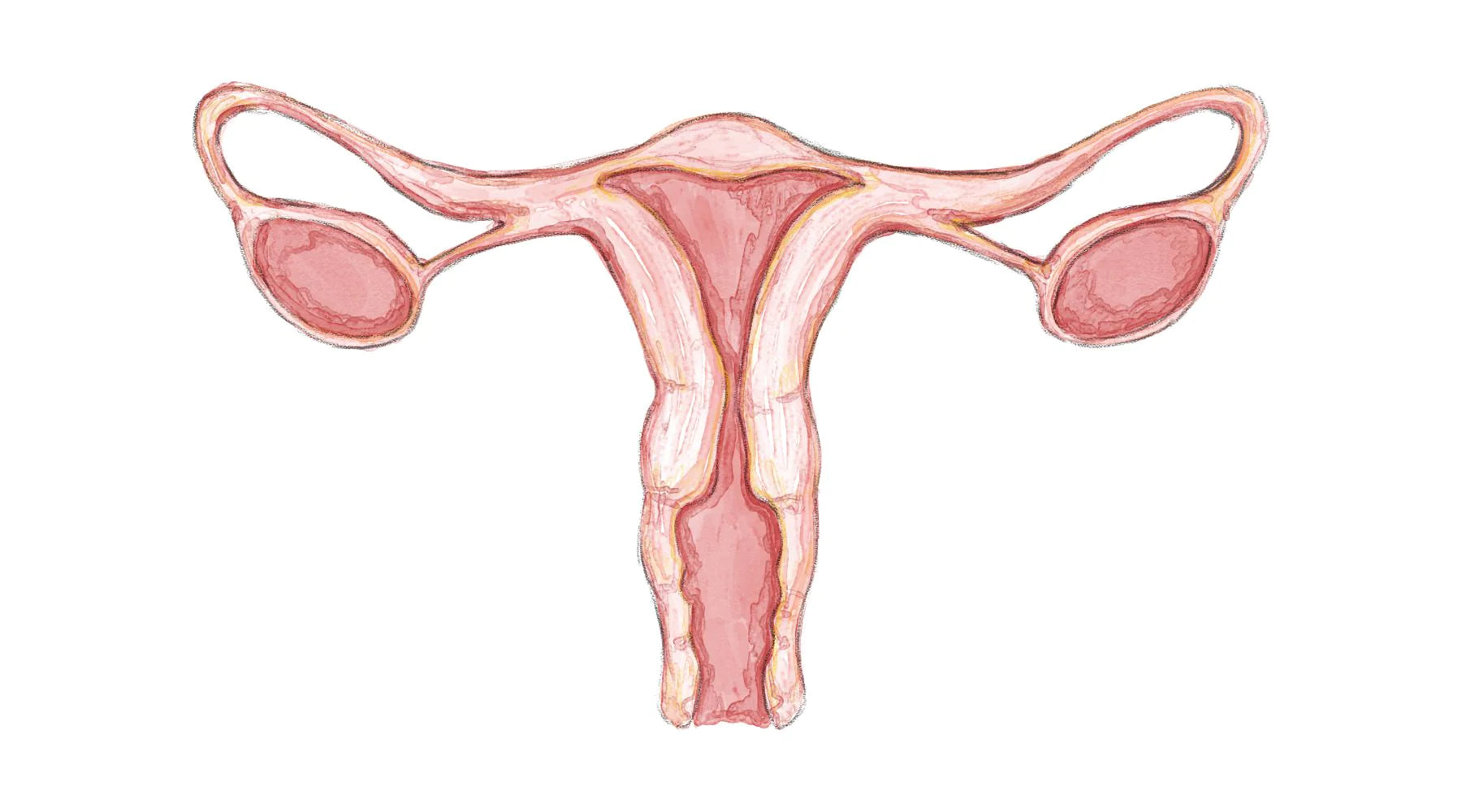What Happens To The Body During Menopause?
What Happens To The Body During Menopause?
Historically, menopause was seen as a reason for embarrassment for many women. Over the last 50 years, due to scientific and technological advances and feminist rhetoric, the scientific and medical community started studying the process. This shows how recent the debates around this topic are. In today's post, we will show you what to know about menopause and why it should not be seen as negative.
WHAT IS MENOPAUSE?
 IMAGE
IMAGE
Women from around 30 or 40 years old to about 65 go through the climacteric, a transitional time between the reproductive and non-reproductive periods. It’s characterized by the menstrual cycle ceasing to happen for 12 consecutive months.
WHAT HAPPENS DURING MENOPAUSE?
During menopause, the body reduces the production of female sex hormones - estrogen and progesterone. It leads to hormone and metabolic alterations that impact not only physical health but mental and sexual health, too.
PHYSICAL SYMPTOMS OF MENOPAUSE
Hot flashes, mood swings, reduced sex drive, insomnia, and vaginal dryness are the most common signs. In the skin, there is a natural process of elasticity and hydration loss, leading to the appearance of fine lines and dark spots.
However, studies have shown that menopause is a very particular and personal time that isn’t limited only to physical symptoms.
HOW TO MINIMIZE MENOPAUSE SYMPTOMS
 IMAGE COURTESY OF PINTEREST
IMAGE COURTESY OF PINTEREST
During the climacteric - transitional period until menopause -, there is a natural decrease in lean body mass, an increase in body fat, and a reduction in stature, which elevate the body mass index (BMI). That’s why women going through this period need to intensify their self-care to maintain a healthy body.
Regular physical activities are among the most effective ways to treat and prevent possible climacteric consequences, such as high blood pressure, type 2 diabetes mellitus, dyslipidemia, and atherosclerosis.
EXERCISING DURING MENOPAUSE
According to the American College of Sports Medicine (ACSM), the ideal frequency of physical activities for our health is at least 30 minutes, three times a week.
Exercising increases β-endorphin secretion, which promotes the relief of hot flushes and improves the mood. Additionally, β-endorphins help strengthen bones, lower resting heart rate, reduce the amount of body fat, and lower blood pressure.
Regular physical activities also preserve muscle mass and flexibility, resulting in better wellness during climacteric and, consequently, menopause. Moreover, practicing sports boosts disposition and self-esteem.
You can choose your preferred physical activity as long as you are consistent. Swimming, cycling, walking workouts, pilates, and weightlifting are great options to stimulate muscle strength and work on flexibility, balance, and coordination.
MENTAL HEALTH DURING MENOPAUSE
 IMAGE COURTESY OF PINTEREST
IMAGE COURTESY OF PINTEREST
A study conducted at a Brazilian university - Universidade de Caxias do Sul - shows that factors such as lifestyle habits, historical context, and social conditions also directly impact how a woman experiences her menopause.
The study analyzed available literature about the topic and, after reading women’s descriptions of the experience of menopause, it ranked three subjects to understand how sex life is after this period:
- Insufficient information about menopause, about their own bodies and sexuality;
- The role of social expectations and personal frustrations in the face of traditional gender roles;
- The importance of social support for experiencing menopause throughout their lives.
By analyzing the history of women’s perspective about climacteric and menopause, the research shows that many described the process as a negative experience and associated with the loss of libido and sexual pleasure, physical changes, loss of attraction and sensuality, and especially change in their respective roles in society.
Other women stated that, after menopause, they started to pursue more autonomy, more changes, and new achievements, even regarding sexuality. They mentioned the rediscovery of their own bodies, new possibilities for feeling pleasure, satisfaction with their self-care and desires, and they felt freer, without concerns about pregnancy and the menstruation cycle.
THE IMPORTANCE OF CREATING SAFE SPACES FOR CONVERSATION AND DEBATES
 IMAGE COURTESY OF PINTEREST
IMAGE COURTESY OF PINTEREST
Multiple studies about the topic show that women who have more access to education had a better experience with menopause since they knew what was going on with their bodies and looked for medical help when necessary.
This shows how important it is to create safe spaces for women to feel comfortable to share their experiences, questions, fears, and tips about women's health and bodies. If there is more education on the subject, the more access people will have to information. And conversely, they will feel less anxiety, which is common in this phase.
SIMPLE WELLNESS: MITIGATE MENOPAUSE SYMPTOMS WITH OUR NEW LINE OF DIETARY SUPPLEMENTS
Simple is starting a new chapter. Soon, you will learn more about the new supplement formulas that will care for your health from the inside out through self-care. Our dietary supplements are vegan, natural, and, of course, high-performance. Stay tuned to our social media accounts to follow our launching that has already taken place in Brazil.
